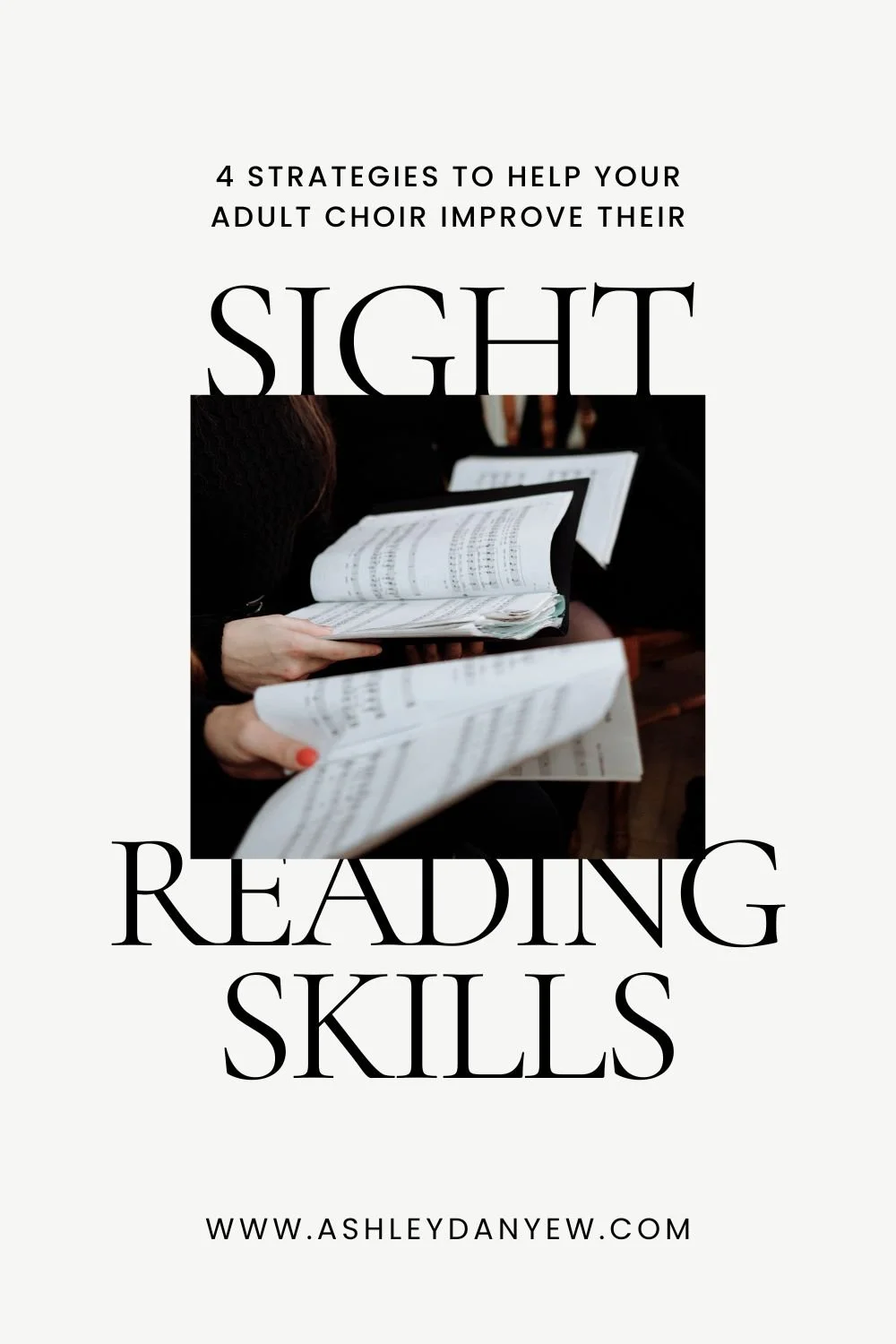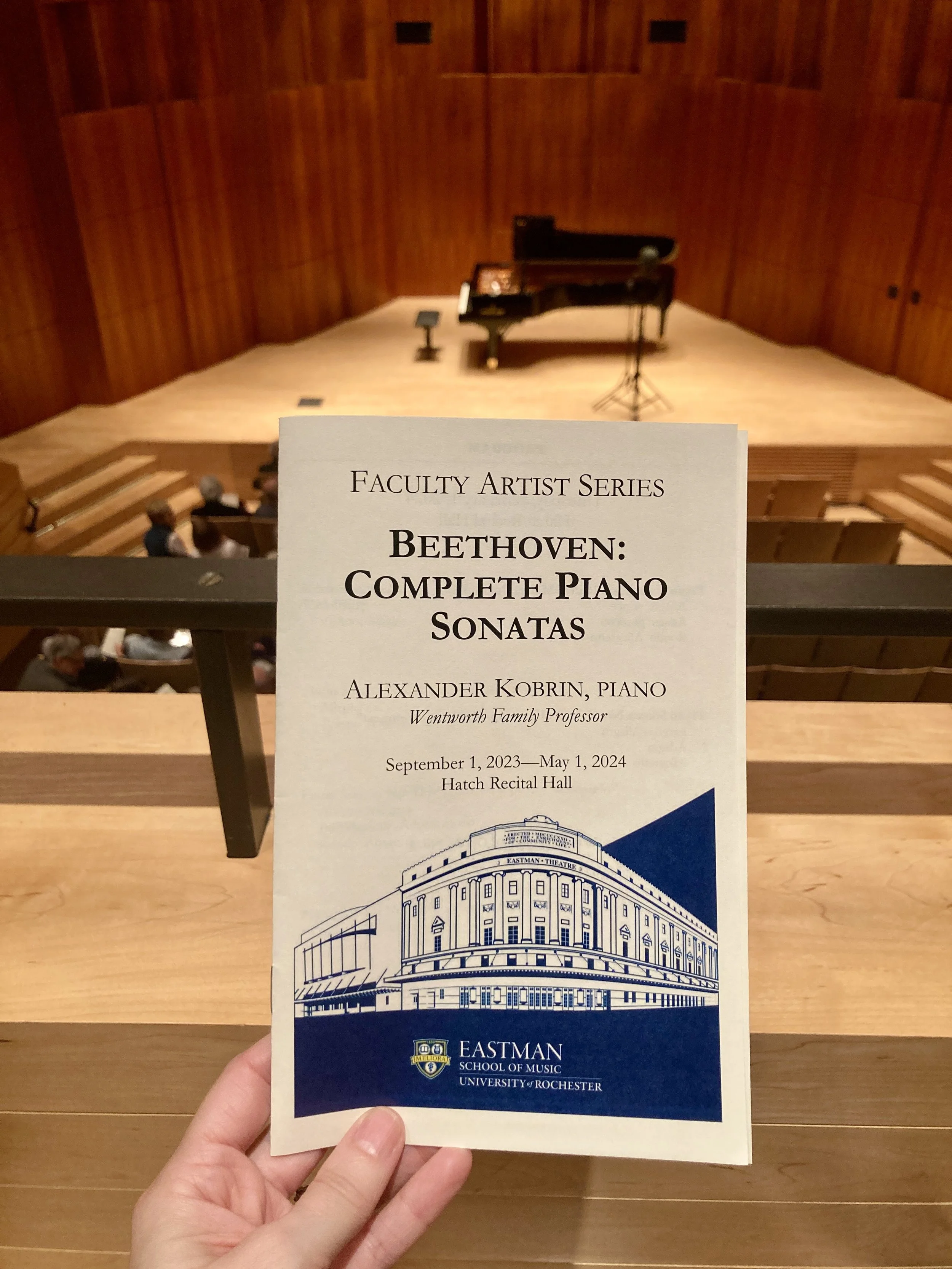It's one the greatest musical skills you can help your choir develop: singing and reading music for themselves with musical understanding.
Just like learning to read language, music-reading comes after listening and interacting with music aurally and developing a musical vocabulary of tonal and rhythm patterns (these are like words in language).
Think of how you learned to read: You probably spent a lot of time following along in a book as you listened to someone else read to you. Eventually, you started finishing the sentences and pointing to the words as you went along.
You learned simple words like, go and dog and identified them in other books.
Learning to read music is no different. We learn to recognize tonal and rhythm patterns like familiar words in books.

















